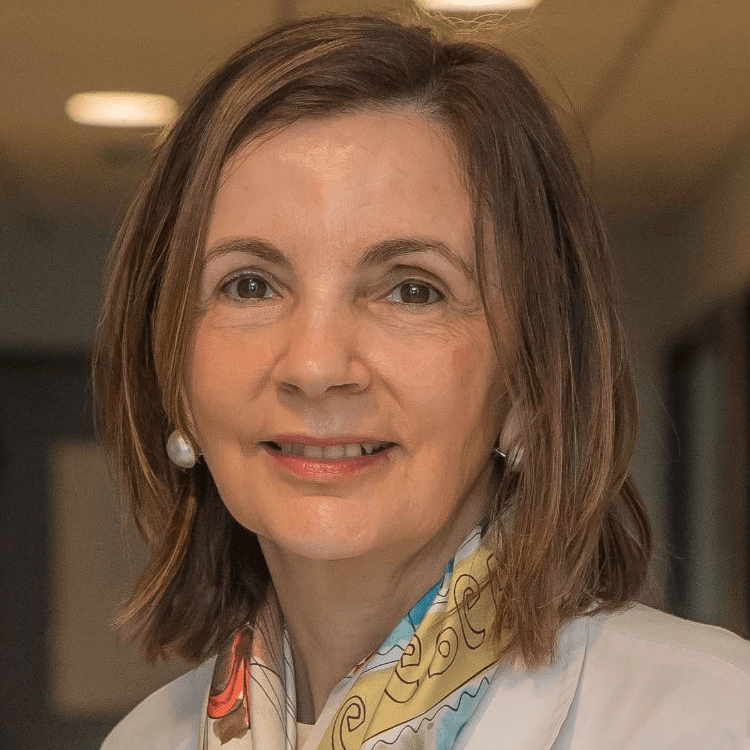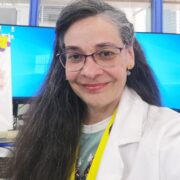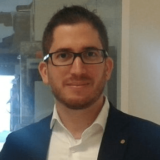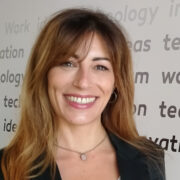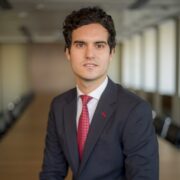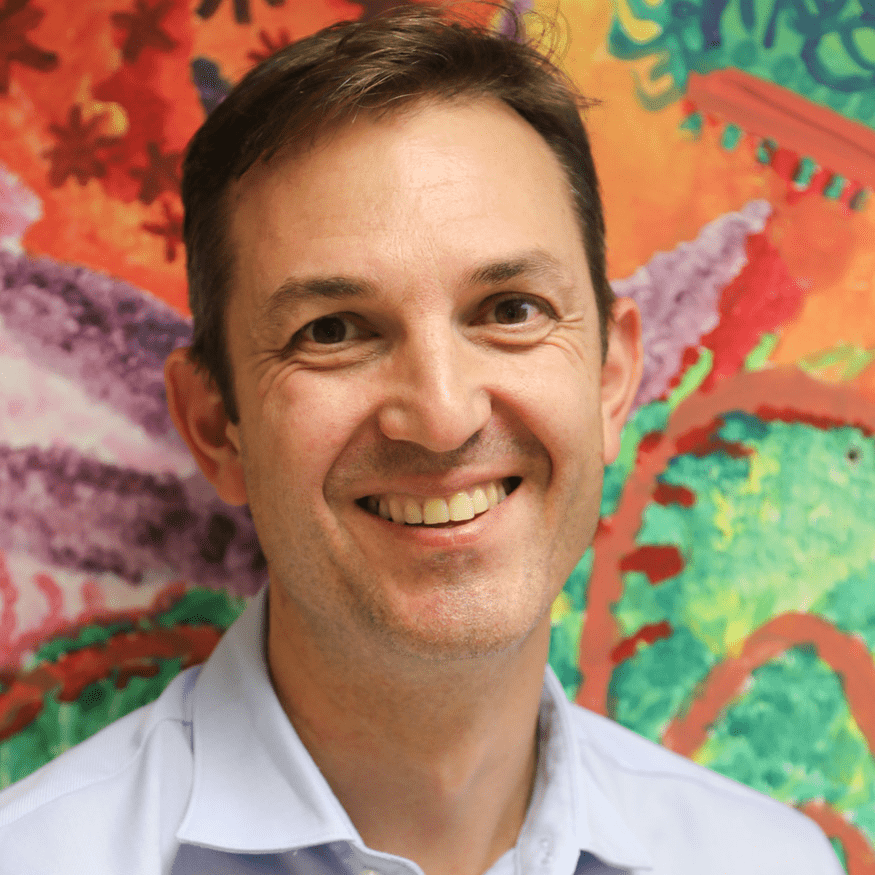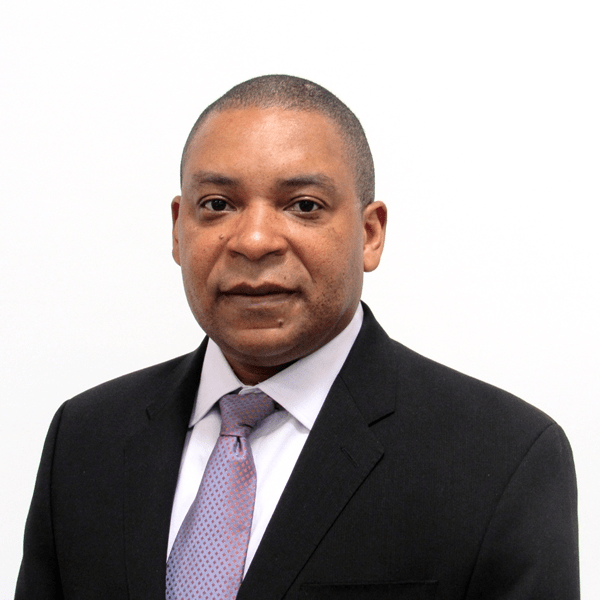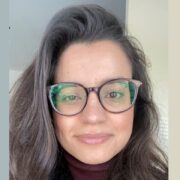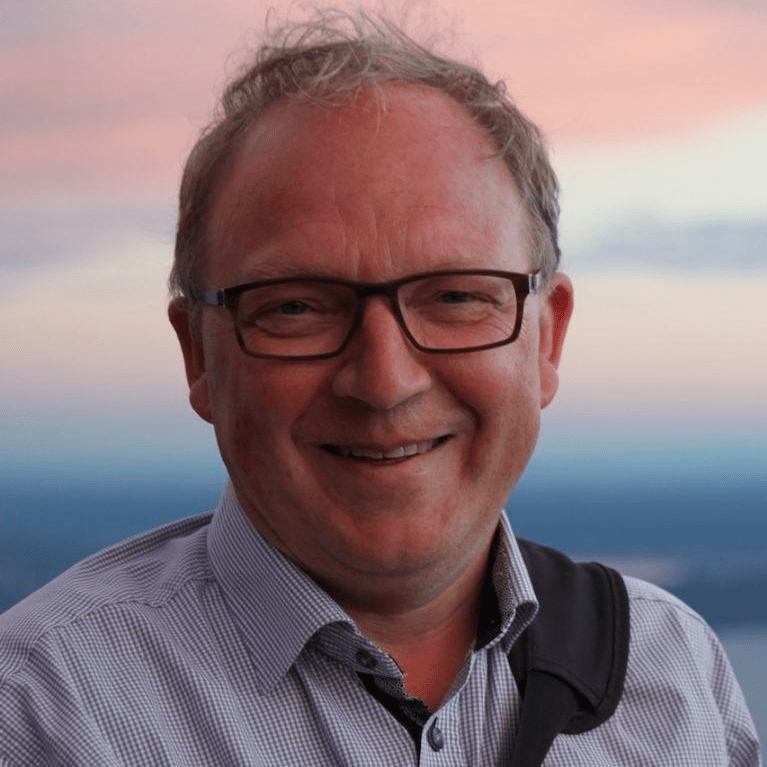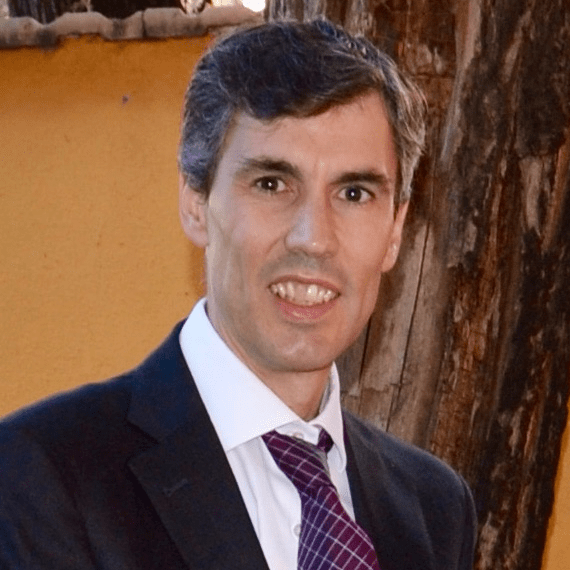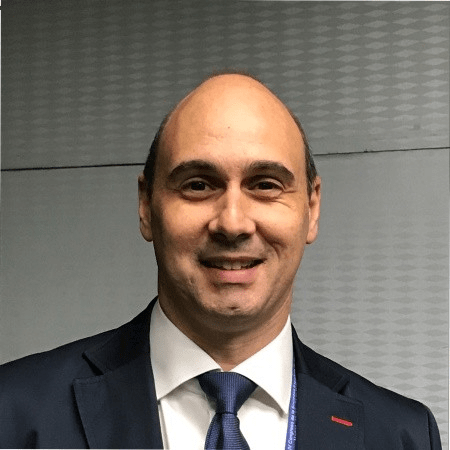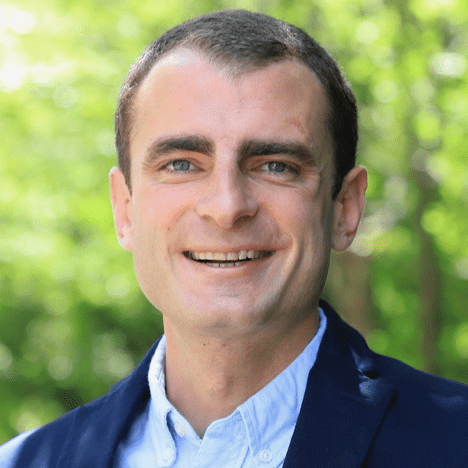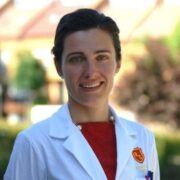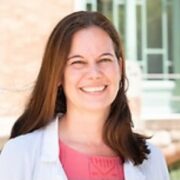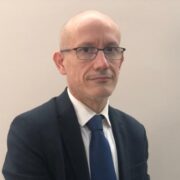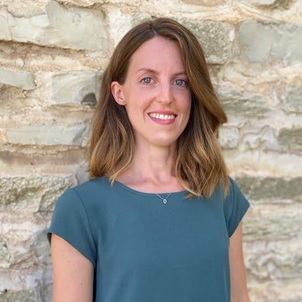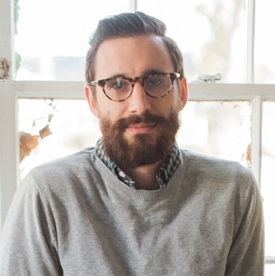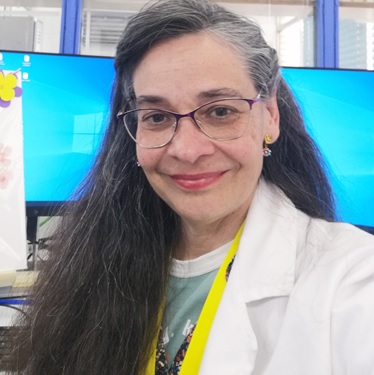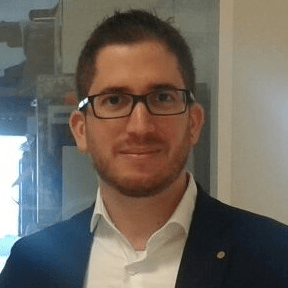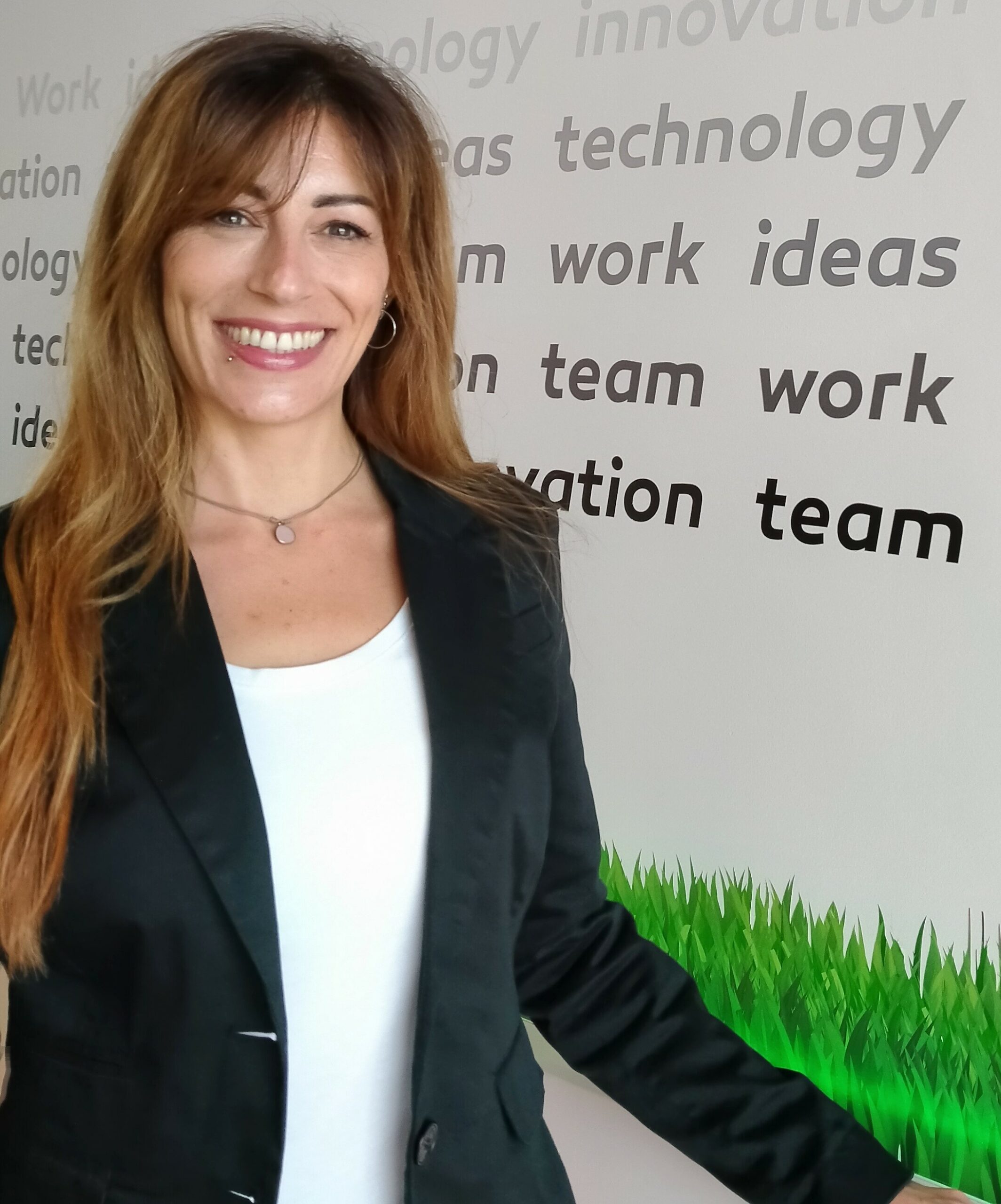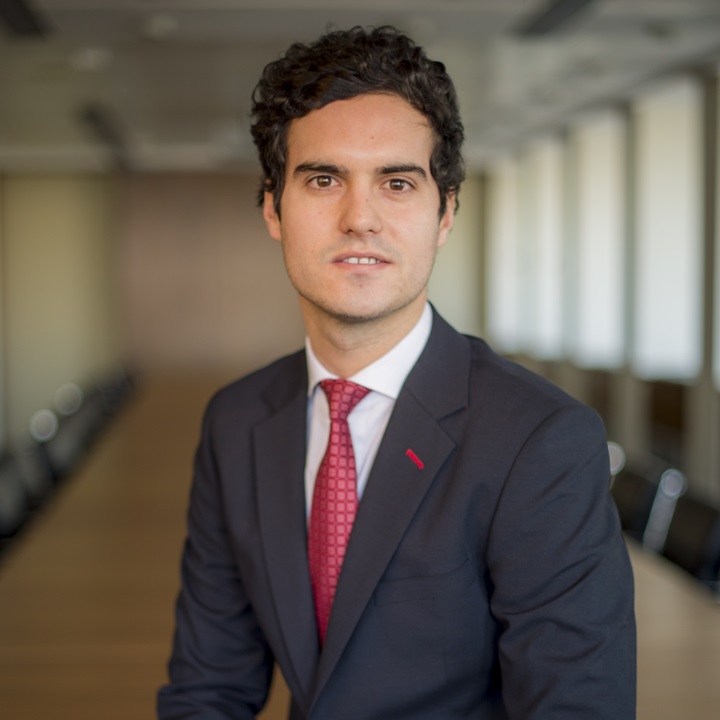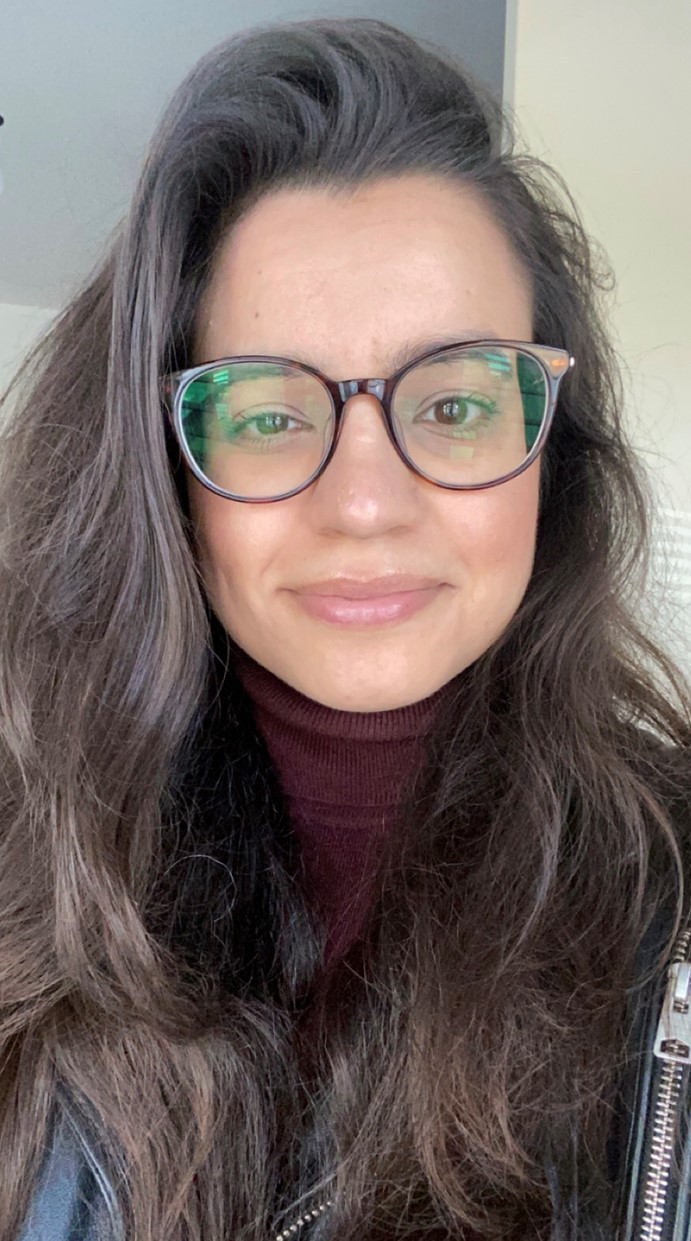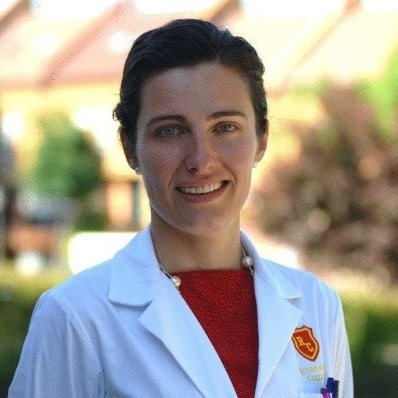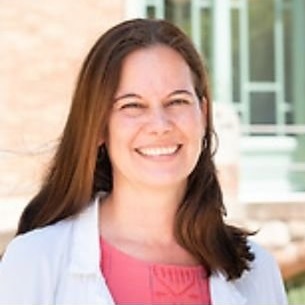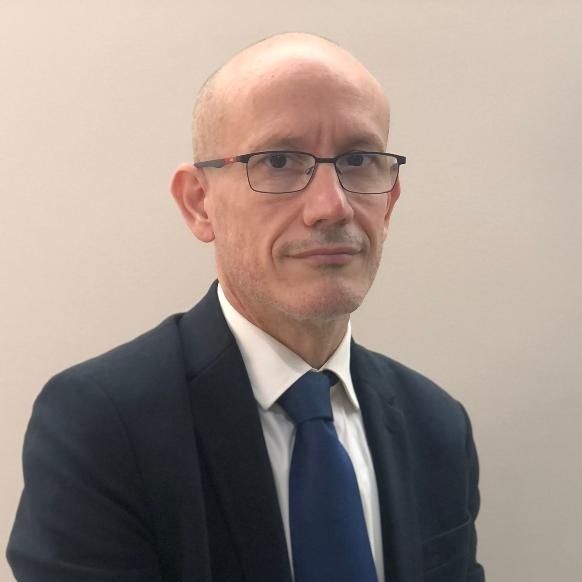Comité Científico
El Comité Científico de la Fundación Síndrome de Dravet está formado, por tanto, por un grupo activo de profesionales nacionales e internacionales expertos en medicina, investigación, farmacia y regulación.
En nuestra Fundación entendemos que únicamente en equipo puede conseguirse un impacto real en el progreso hacia la cura del síndrome de Dravet. El Comité Científico de la Fundación Síndrome de Dravet está formado, por tanto, por un grupo activo de profesionales nacionales e internacionales expertos en medicina, investigación, farmacia y regulación. Dichos expertos trabajan en colaboración directa con el Patronato de la Fundación para promover la investigación sobre el síndrome de Dravet.
El Comité Científico de la Fundación Síndrome de Dravet está comprometido con los principios de transparencia y ética en la investigación. Es por ello que sus miembros, a excepción de la Directora Científica, colaboran con la Fundación de manera voluntaria sin percibir ningún tipo de financiación o compensación por parte de la Fundación. Además, todos los miembros del Comité Científico se comprometen a la objetividad total en la evaluación y toma de decisiones, además de a declarar cualquier posible conflicto de interés que pueda surgir durante sus labores como miembros del Comité.
La Fundación Síndrome de Dravet pone a disposición de cualquier persona interesada el reglamento que rige las labores de su Comité Científico.
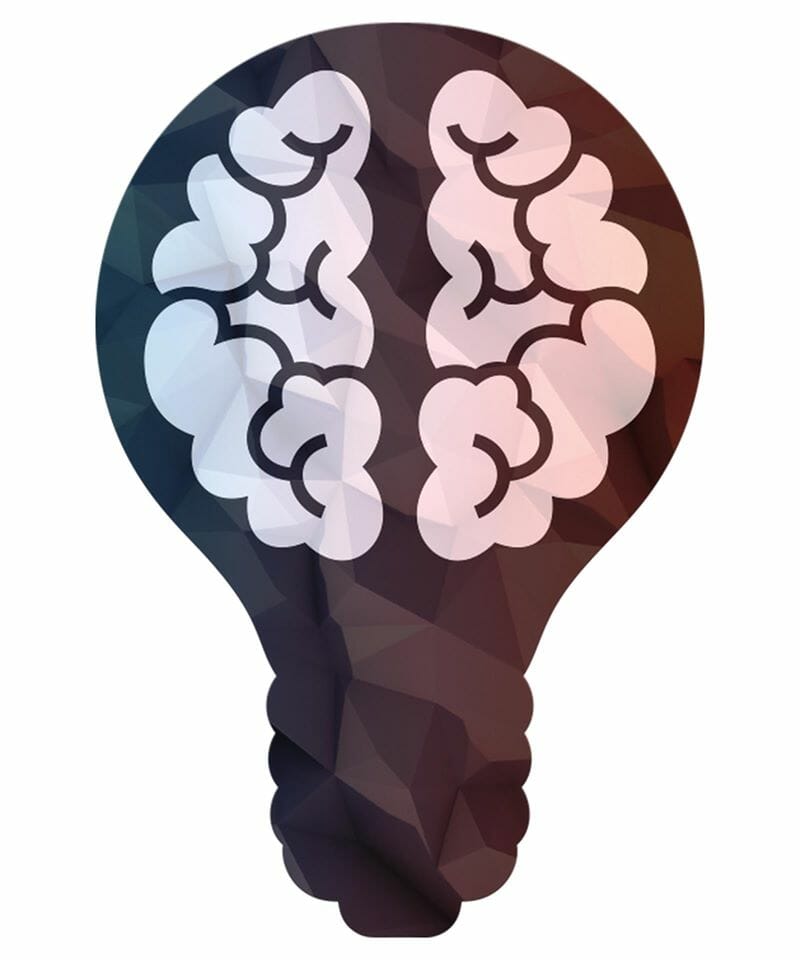
Objetivos y Estrategias del Comité Científico
La promoción de la investigación sobre el conocimiento —incluyendo un mejor y más rápido diagnóstico—, tratamiento y cura del síndrome de Dravet a nivel nacional e internacional.
El Comité Científico de la Fundación Síndrome de Dravet tiene los siguientes objetivos:
1. La promoción de la investigación sobre el conocimiento —incluyendo un mejor y más rápido diagnóstico—, tratamiento y cura del síndrome de Dravet a nivel nacional e internacional.
2. La promoción de los ensayos clínicos sobre el síndrome de Dravet, priorizando aquellos a nivel nacional.
3. La promoción a nivel nacional e internacional de las herramientas científicas desarrolladas y/o proporcionadas por la Fundación.
4. La promoción de las actividades científicas llevadas a cabo por la Fundación y el establecimiento de una red profesional en todos los dominios científicos relacionados con el Dravet.
5. La representación de los intereses científicos de la Fundación.
6. La salvaguarda y promoción de los intereses de los pacientes con síndrome de Dravet en organizaciones y eventos a nivel nacional e internacional.
Para implementar estos objetivos, nuestro Comité Científico sigue, entre otras, las siguientes estrategias:
1. La concesión de becas y premios de investigación a científicos de los ámbitos académico, empresarial o clínico.
2. La organización de congresos, charlas y/o cursos sobre el síndrome de Dravet.
3. La formación de profesionales y la promoción de la discusión sobre el síndrome de Dravet.
4. La representación del síndrome de Dravet y de la Fundación Síndrome de Dravet frente a las autoridades, la industria y el público.
Organización del Comité Científico
Dirección Científica
El Comité Científico está dirigido por la Dirección Científica de la Fundación Síndrome de Dravet El Director Científico actúa de intermediaria entre la Fundación Síndrome de Dravet y el Comité Científico, y se encarga de centralizar y coordinar todas las actividades científicas llevadas a cabo por dicho Comité.
Miembro Honorario
En la Fundación Síndrome de Dravet tenemos el inmenso honor de poder contar la doctora Charlotte Dravet como Miembro Honorario, por su inmensa e invalorable contribución al conocimiento e investigación de esta patología.
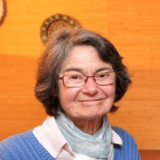
Charlotte Dravet, MD PhD
Órgano de Auditoría Interna
La persona cargo de la Administración de la Fundación Síndrome de Dravet estará también a cargo del Órgano de Auditoría Interna del Comité Científico. Con el compromiso de integridad y responsabilidad, el Órgano de Auditoría Interna controlará objetivamente y dará valor a los procedimientos y decisiones tomadas por el Comité Científico de la Fundación Síndrome de Dravet.
Comité Evaluador
El Comité Evaluador está formado por expertos de la genética molecular y humana, la bioquímica, la biofísica, la fisiología, la bioinformática, la química médica, la farmacología y/o la medicina. Estos profesionales, cuya labor es reconocida internacionalmente, pertenecen al ámbito de la industria, la academia y/o la clínica. El Comité Evaluador está formado por:
Comité Asesor
El Comité Asesor está formado por profesionales de la neurogenómica y la neurogenética, la neurofisiología, las canalopatías, la epileptología, la neurología y/o la investigación clínica. Los miembros de este comité son expertos en el síndrome de Dravet y también pertenecen al ámbito nacional e internacional de la industria, la academia y/o la clínica. El papel del Comité Asesor es el de proporcionar ideas y recomendaciones al Comité Evaluador, a la Directora Científica y al Patronato de la Fundación Síndrome de Dravet. Dicho Comité está compuesto por:
¡Haz tu donación!
Tu aportación se destinará a ayudar a nuestros guerreros y sus familias en su lucha contra el síndrome de Dravet, para conseguir que no pierdan nunca la sonrisa.




